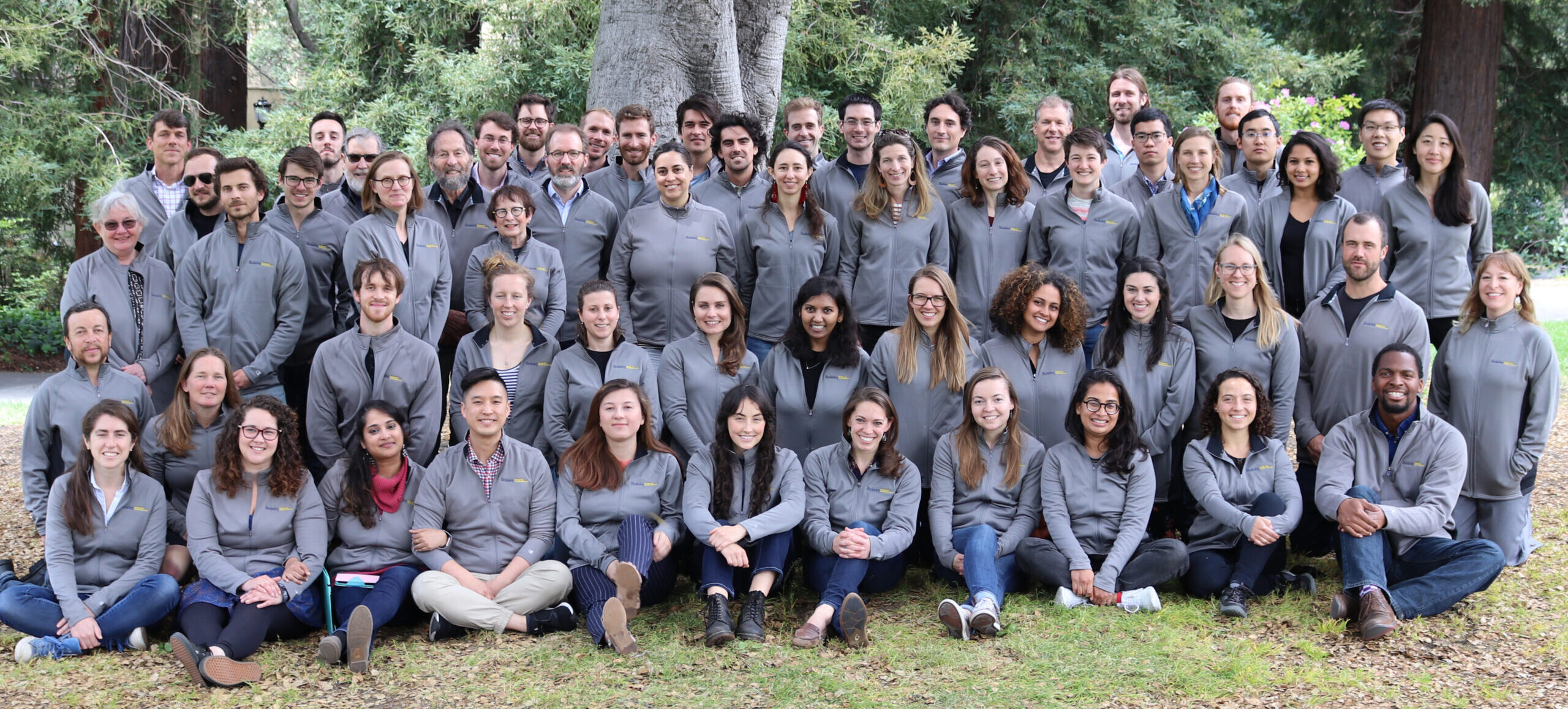Our Mission
The mission of the Energy and Resources Group is a sustainable environment and a just society.
ERG is a collaborative community of graduate students, core faculty, nearly 200 affiliated faculty and researchers across the campus, and over 600 alumni across the globe. Our students work across disciplines and departments to create potentially transformative knowledge for the planet. ERG is a world-renowned program with a 50-year history of outstanding research, education and outreach to government, industry, and civil society at the state, national and international levels.
10
core faculty
68
grad students
582
alumni
195
affiliates
The ERG Impact
With its five-decade history of transformative teaching and research, the Energy and Resources Group (ERG) has reframed ecological and social problems in terms that borrow from, and yet can be understood across, many traditionally separate disciplinary cultures. The ERG model combines a rigorous core curriculum, a shared learning environment, and the freedom to access the entire Berkeley faculty. The core curriculum provides students with relevant analytical tools from ecology, economics, engineering and the social sciences. ERG research is strongly evidence-based and hypothesis-driven; its interdisciplinary culture equally encourages student? and faculty?led research. The value of such a culture is hard to quantify: it has evolved through the commitment to systemic thinking, and the vision of a just and sustainable planet, over generations of ERGies.
Our Programs
ERG’s programs include:
- Ph.D. (Doctor of Philosophy in Energy and Resources)
- Master’s Degree (2-year M.S. or M.A. in Energy and Resources)
- Concurrent ERG/Public Policy Master’s Degree (3-year M.P.P and M.S. or M.A. in Energy and Resources)
- Concurrent ERG Master’s/Law J.D. Degree
- Undergraduate Minor in Energy and Resources
- Sustainability Summer Minor/Certificate
To learn more about our programs, please click here.
ERG’s History
For fifty years, the Energy and Resources Group (ERG) at the University of California, Berkeley has provided its outstanding graduate students and exceptional faculty the scholarly conditions in which to:
- study the environmental sciences,
- analyze the social causes of our energy and environmental problems,
- undertake field research in a variety of ecosystems,
- engage in cross cultural learning, and
- devise technical and policy alternatives to unsustainable energy and resource use patterns.
The Berkeley Campus offers exceptional opportunities to learn from outstanding scholars in many disciplines. ERG facilitates the placement of specialized knowledge into the larger integrated perspective. Students and faculty incorporating one another’s insights, work on alternative energy technologies, ecological economics, terrestrial ecology, environmental justice, resource conflicts, and society and technology. ERG and the term “activist-scholar” are closely associated: Faculty and students alike are motivated by current and foreseeable problems and are encouraged to take what they learn into the full range of educational, political, and policy processes. In this highly interactive academic environment, feasible paths to social justice, appropriate technologies and ecological integrity begin to emerge.
ERG traces its origins to the Committee on Energy and Resources, which was established in November 1972 under the chairmanship of electrical engineering professor C. K. Birdsall as an Advisory Committee to the then Vice-Chancellor Mark N. Christensen. The Committee laid the groundwork for an interdisciplinary program of teaching and research in energy and resources and secured for this purpose the first regular faculty position in Berkeley’s history to reside entirely in an interdisciplinary unit. John P. Holdren (emeritus) was appointed to fill that position, as Assistant Professor in the Energy and Resources Program, in summer 1973. The program attained degree-granting status as a Graduate Group in late 1974, and admitted its first graduate students in 1975.
